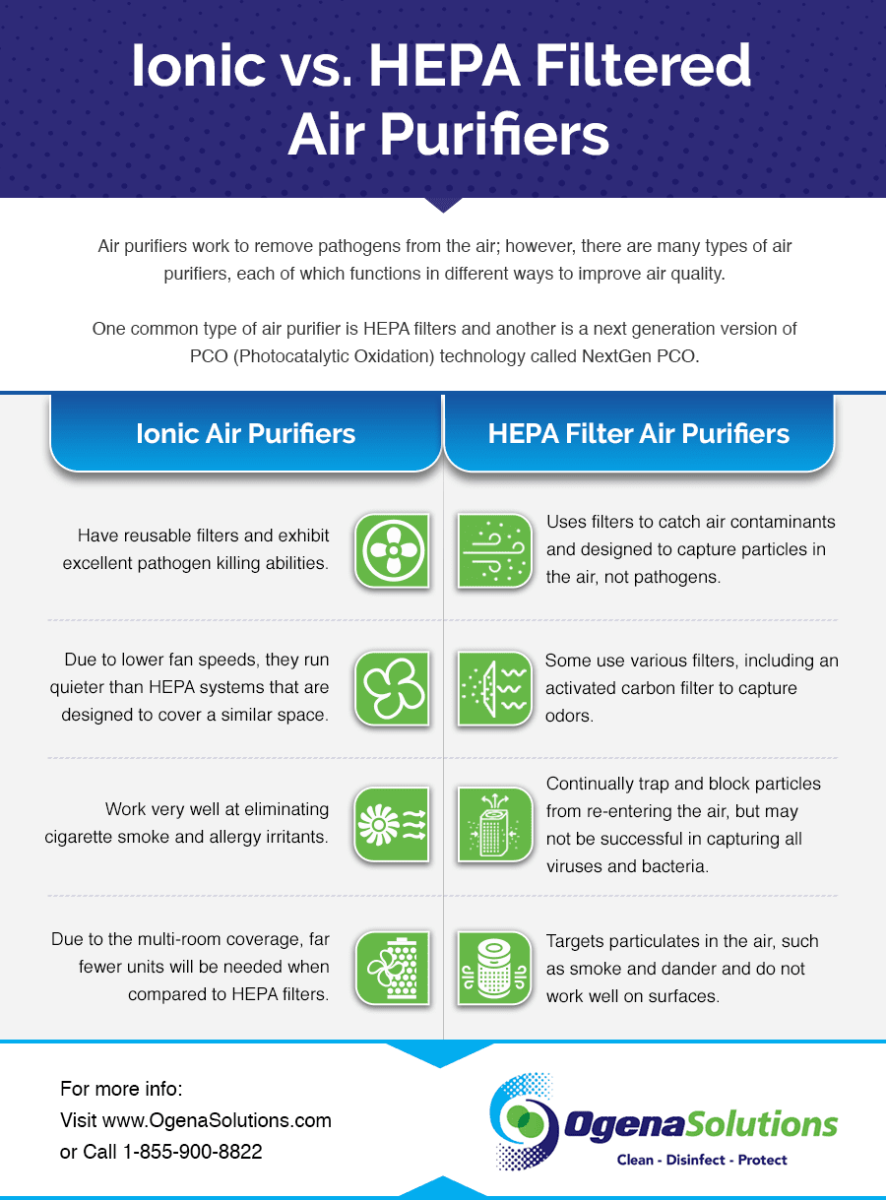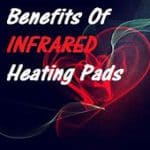Last Updated on 1 year by Francis
In the world of air purifiers, there has been a long-running debate about which type of technology is best – Hepa or Ionic? While both of these methods can help to reduce indoor air pollution and improve air quality, it can be difficult to decide which one is right for you. In this article, we will look at the pros and cons of both Hepa and Ionic air purifiers to help you make an informed decision.
Both HEPA and ionic air purifiers have their own advantages. HEPA air purifiers are better at trapping large airborne particles such as dust and pollen, while ionic air purifiers are better at removing odors, smoke, and other smaller airborne particles.
HEPA air purifiers are generally more expensive, but offer more reliable results. Ionic air purifiers are less expensive and can be found in a variety of sizes and styles. Both types of air purifiers will help to reduce allergens and improve air quality in your home.

Contents
What are Hepa And Ionic Air Purifiers?
Air purifiers are important devices that help reduce air pollutants, such as dust, pollen, pet dander, smoke, and other irritants in the home. There are two main types of air purifiers: HEPA and ionic. HEPA stands for High-Efficiency Particulate Air, while ionic air purifiers use negative ions to trap particles in the air. Both types of air purifiers have their advantages and disadvantages, so it’s important to understand the differences between them in order to decide which one is better for your needs.
What is a HEPA Air Purifier?
HEPA air purifiers use a special filter to capture particles in the air. The filter is made up of tiny fibers that are designed to trap particles as small as 0.3 microns. This means that a HEPA air purifier can effectively remove dust, pollen, pet dander, smoke, and other particles from the air. HEPA air purifiers are generally more effective than ionic air purifiers, but they can also be more expensive and require more maintenance.
How Does an Ionic Air Purifier Work?
Ionic air purifiers work by releasing negative ions into the air. These ions attach to particles in the air, making them heavier and causing them to fall out of the air. This process is known as electrostatic precipitation, and it can be effective at removing particles from the air, including dust, pollen, pet dander, and smoke. However, ionic air purifiers are not as effective as HEPA air purifiers and can be less expensive.
Which is Better: HEPA or Ionic Air Purifiers?
When choosing an air purifier, it is important to consider the type of pollutants you are trying to remove from the air. If you are looking to remove dust, pollen, pet dander, and other small particles from the air, then a HEPA air purifier is the better option. HEPA air purifiers are more effective and will last longer, but they can be more expensive and require more maintenance.
Pros and Cons of HEPA Air Purifiers
The main advantage of HEPA air purifiers is their effectiveness in removing small particles from the air. They are also relatively easy to maintain, as they only need to be changed or cleaned periodically. However, HEPA air purifiers can be expensive and require more energy to operate.
Pros and Cons of Ionic Air Purifiers
The main advantage of ionic air purifiers is their affordability. They are also relatively easy to maintain and require less energy to operate. However, ionic air purifiers are not as effective as HEPA air purifiers and can be less reliable.
Which is Better: HEPA or Ionic Air Purifiers?
When it comes to choosing an air purifier, the decision depends on your specific needs. If you are looking to remove small particles from the air, then a HEPA air purifier is the better option. However, if you are on a budget and don’t need the highest level of air purification, then an ionic air purifier is a good choice.
Related Faq
What is a HEPA filter?
A High Efficiency Particulate Air (HEPA) filter is a type of air filter that is designed to capture 99.97% of airborne particles that measure 0.3 microns or larger in size. HEPA filters are commonly found in air purifiers and vacuum cleaners, and are used to remove allergens, dust, smoke, and other pollutants from air.
What is an ionic filter?
An ionic filter is an air filter that uses an electrical charge to remove particles from the air. These filters work by releasing negative ions into the air, which attach themselves to particles and cause them to stick together and become heavier, making them easier to filter out of the air. Ionic filters are often used in air purifiers, and are effective at removing dust and other small particles from the air.
Which is better, HEPA or ionic filters?
Both HEPA and ionic filters can be effective at removing particles from the air, and the best option for you will depend on your specific needs. HEPA filters are better at capturing larger particles, such as dust, pet dander, and bacteria, while ionic filters are more effective at capturing smaller particles, such as smoke, pollen, and mold spores.
What are the benefits of using a HEPA filter?
The main benefit of using a HEPA filter is that it is highly effective at capturing airborne particles and pollutants, including dust, pollen, bacteria, and other allergens. HEPA filters also help to reduce the number of particles in the air, which can help to reduce the risk of asthma and other respiratory illnesses.
What are the benefits of using an ionic filter?
Ionic filters are effective at removing smaller particles from the air, such as smoke, pollen, and mold spores. They can also help to reduce odors, as the negative ions released by the filter can help to neutralize odors in the air.
What are the drawbacks of using a HEPA filter?
One of the main drawbacks of using a HEPA filter is that they can be expensive. Additionally, they can be less effective at removing odors and gases, as they are designed to capture larger particles. HEPA filters also require regular maintenance and replacement, which can be costly.
In conclusion, it is difficult to determine which is better for air purification, Hepa or Ionic. Both technologies have their own unique benefits and drawbacks. Ultimately, the decision of which is best for you will depend on your specific needs. If you need a powerful and efficient air purifier, then the Hepa filter is probably the right choice. However, if you are more concerned with the cost and maintenance of the air purifier, then the Ionic might be the way to go. Whichever option you choose, make sure to research the product thoroughly before purchasing to ensure that it meets all of your air purification needs.




.jpg)
.jpg)


